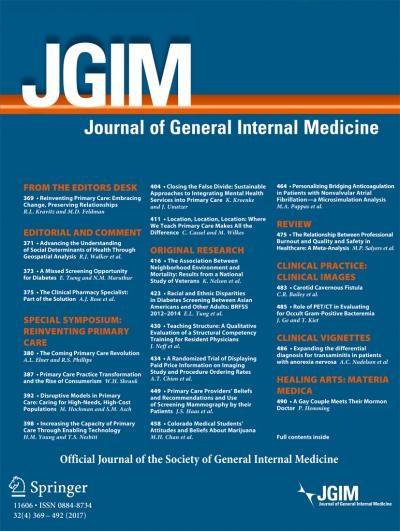Source
Journal of General Internal Medicine
http://www.jgim.org/
Peer-Reviewed Article
November 2018
This resource provides an evaluation of a health system’s outpatient complex case management (OPCM) program and examines whether OPCM lowers service utilization and health care costs.
- U.S. health systems are designing programs such as case management to reduce service utilization among populations with complex needs. The major challenge is identifying patients for whom targeted programs are most effective for achieving desired outcomes.
- Ochsner Health System, the largest integrated delivery health system in Louisiana, ran a three-year OPCM pilot program.
- The program used administrative data to run predictive risk models and review prior inpatient/emergency department (ED) use patterns. It also accepted outpatient/ambulatory care team referrals.
- Overall, OPCM cases had lower total cost of care compared to controls.
- Use of risk stratification taxonomy for complex patients can identify patients most likely to benefit from case management.
Posted to The Playbook on




